
Gout
Advertisement
Hyperuricemia and gout are predictors of increased prevalence and mortality of cardiac, renal, and metabolic conditions.
Elevated glucose uptake in adipose tissue of patients with gout may contribute to CKD progression.
Cryo-electron microscopy shed light on the molecular structure of urate transporter 1 and mechanisms behind four gout drugs.
Gene sequencing of a patient with gouty sacroiliitis and gouty nephropathy highlighted genetic factors leading to gout.
Researchers assessed the potential association between serum uric acid levels and CV events after kidney transplantation.
A study examined dosing practices and effectiveness of the urate-lowering drug allopurinol.
Joel Topf spoke with Bradley Marder of Amgen about gout studies at the NKF Spring Clinical Meetings 2025.
Researchers examined factors associated with adherence to the urate-lowering therapy allopurinol.
A study examined one medical center's adherence to gout management guidelines regarding use of ULT to lower uric acid levels.
A study examined whether systemic inflammation response index could be a predictive marker for gout risk.
A study examined bone health among a subset of kidney transplant patients from the PROTECT trial of pegloticase for gout.
Researchers examined the association between gout and odds of being wait-listed for a kidney transplant among patients on HD.
A review and meta-analysis assessed the influence of SGLT2i therapy on clinically relevant hyperuricemic events.
A study examined the relationship between gout and kidney stones using NHANES data.
Researchers examined ULT and the risk of CKD progression among patients with impaired kidney function and gout.
What is the association of gout with CV disease and mortality risk in patients with type 2 diabetes and can CKD modify it?
The EMPA-KIDNEY trial examined the effects of SGLT2 inhibition on uric acid and gout in patients with CKD.
A study examined whether urate-lowering therapy (ULT) for gout might help delay progression of chronic kidney disease (CKD).
Researchers evaluated efficacy and safety of allopurinol versus febuxostat for gout in patients with stage 3 CKD.
Abdul Abdellatif discussed findings from the PROTECT study examining pegloticase for kidney transplant patients with gout.
Advertisement





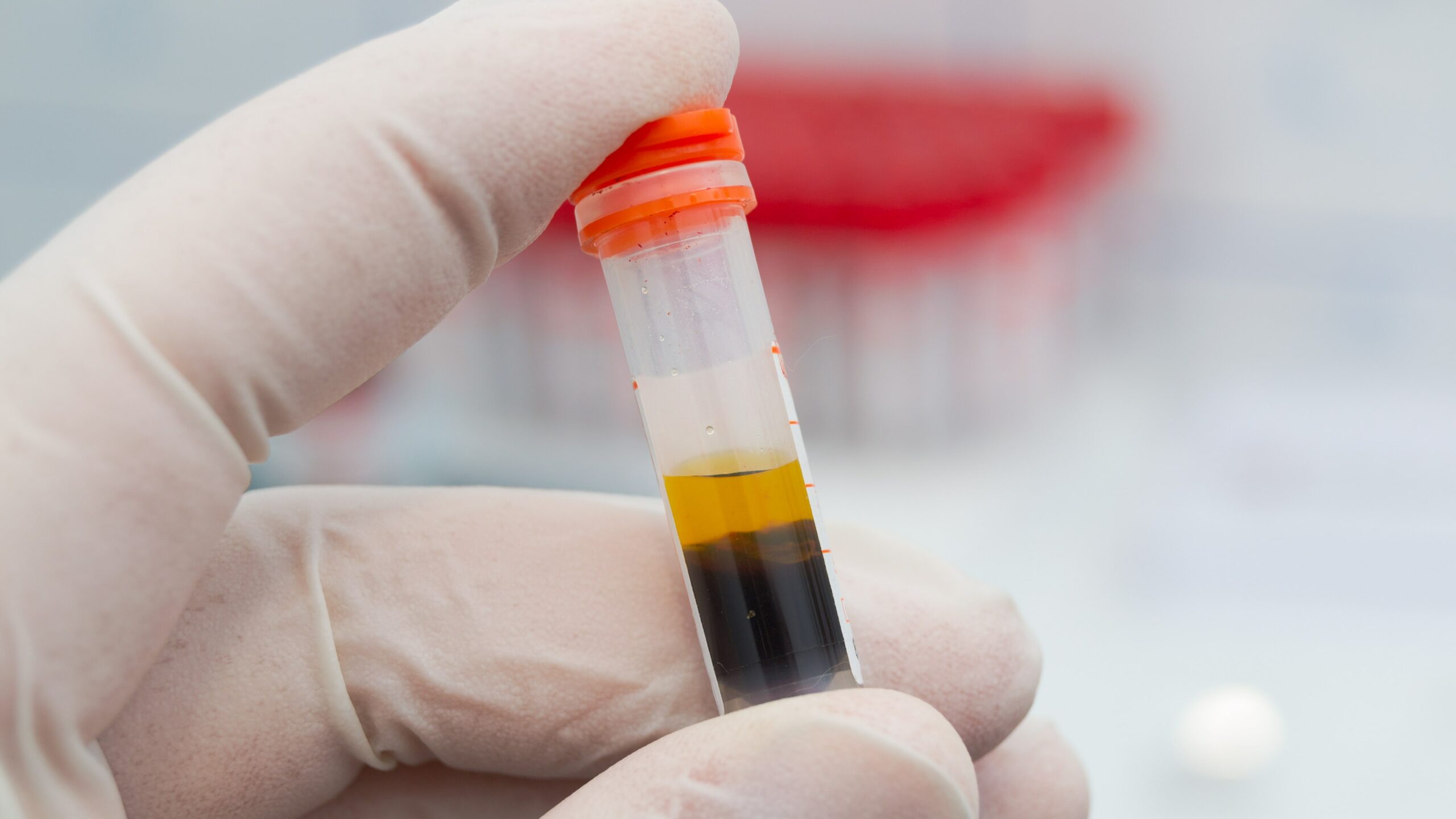


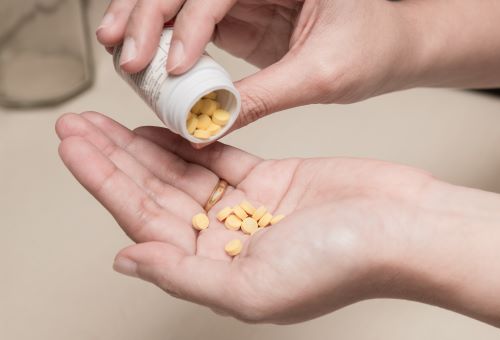

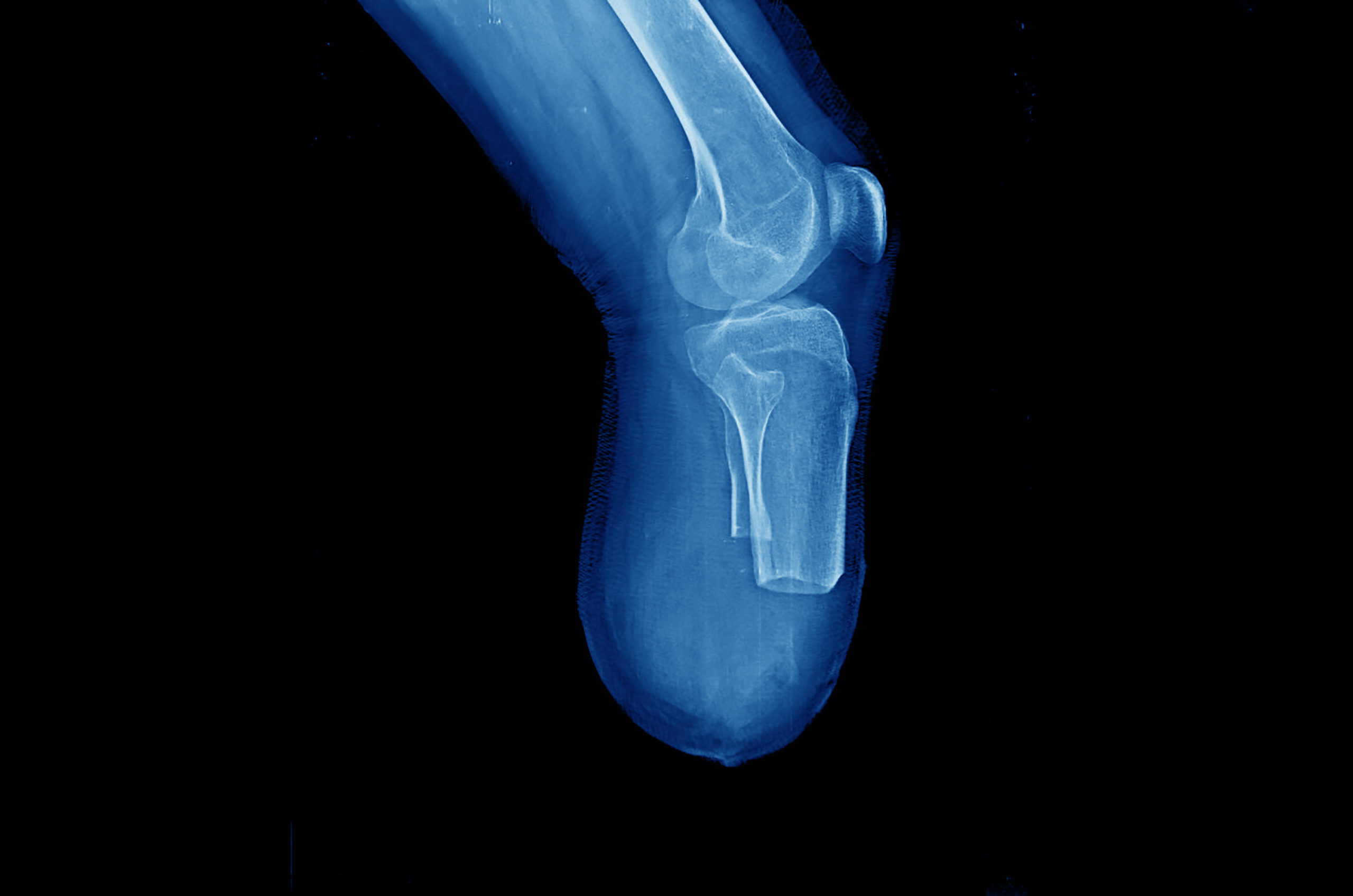



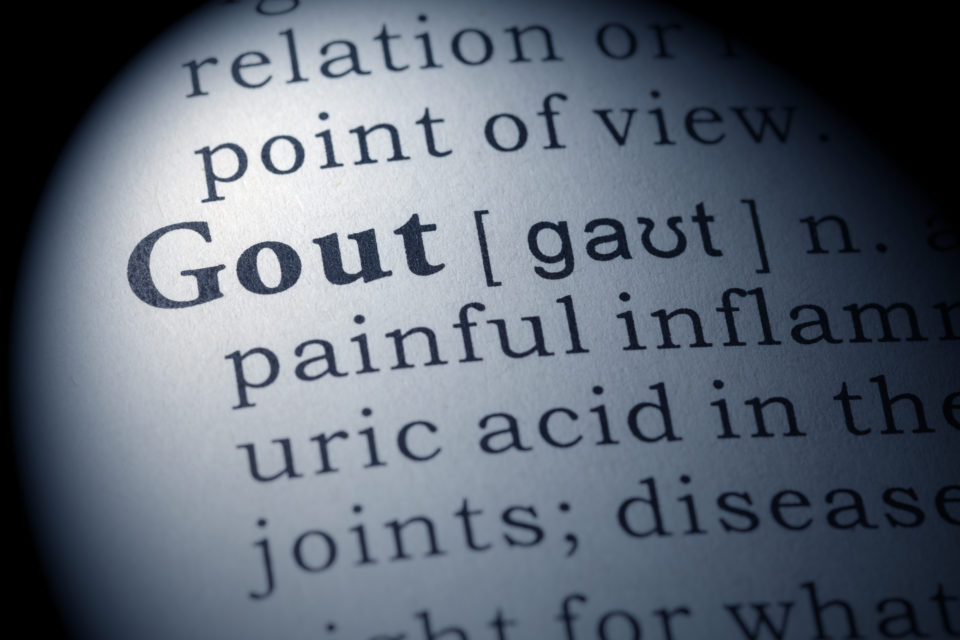

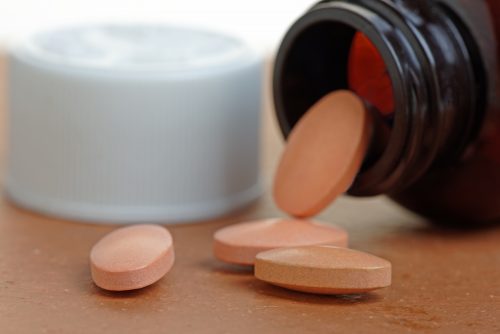


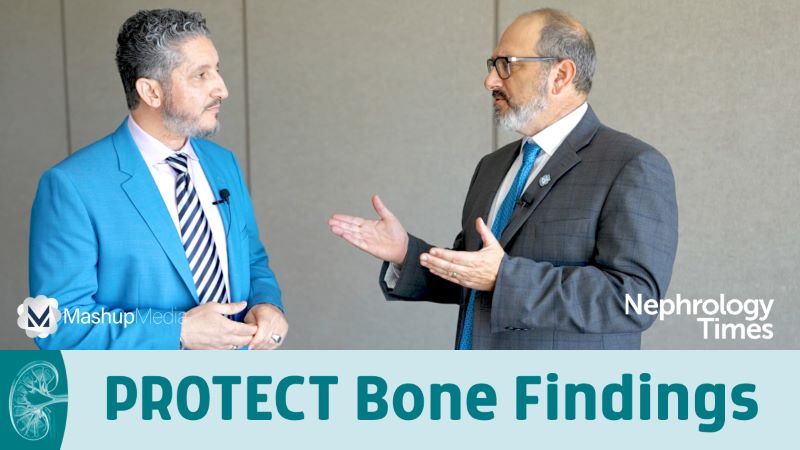

 © 2025 Mashup Media, LLC, a Formedics Property. All Rights Reserved.
© 2025 Mashup Media, LLC, a Formedics Property. All Rights Reserved.